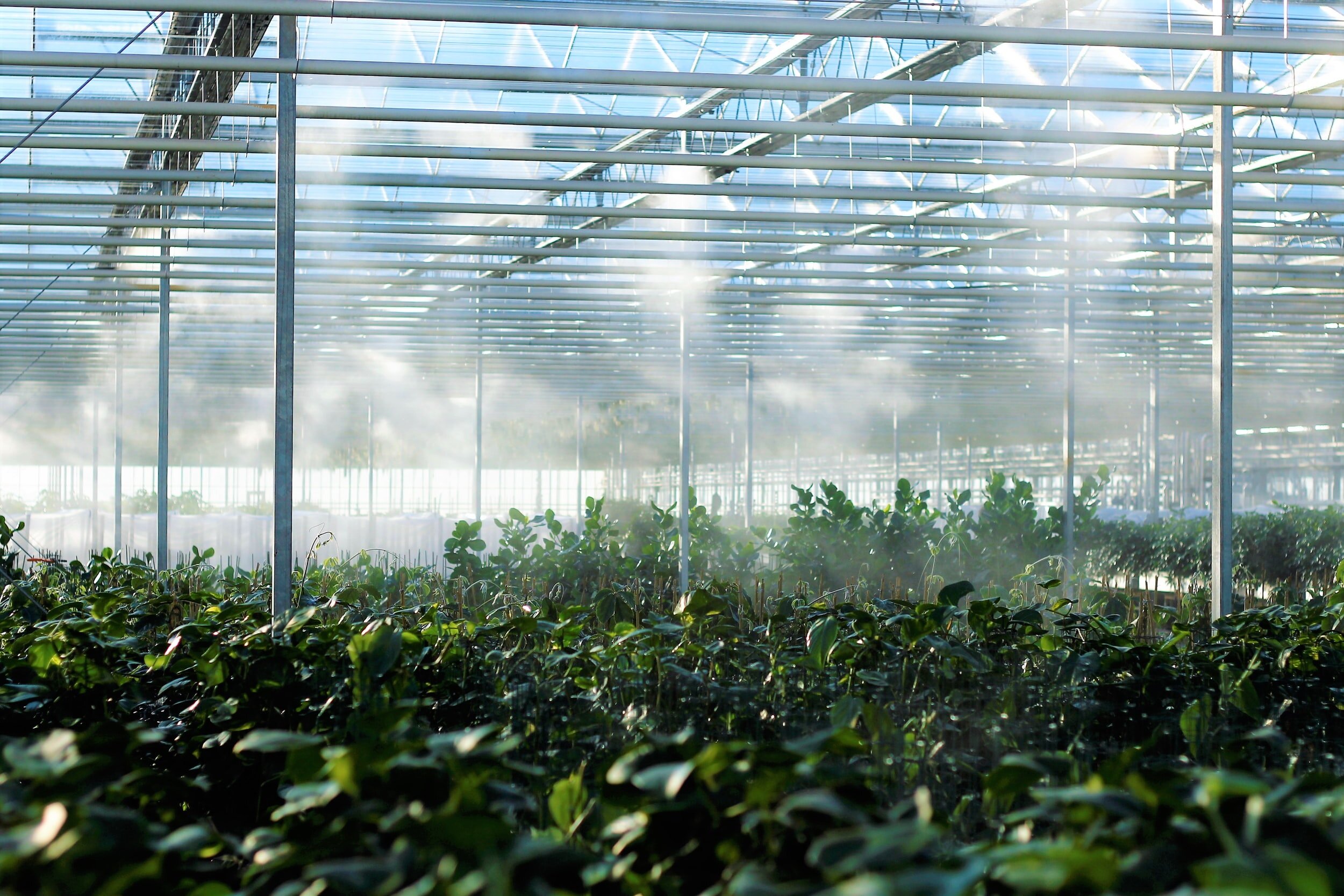
Improving Farmer’s Lives From Experience.
We created the Serra System because we understand the problems of indoor farmers.
Beginnings
In 2016, I (Julian) was coming out of college working freelance as a marketing analyst. One client asked me to analyze a set of data regarding US agriculture. That week, I fell down a rabbit hole of data and information that alarmed me. I learned a terrible truth that isn’t talked about enough in today’s media: We are headed towards a global food shortage.
We must grow 70% more food by 2050 in order to feed the projected 10 billion people on the planet. As it stands now, we would need an entirely new continent to grow enough food to feed the world. This is because we use land for many different purposes. We use half of the world’s land for food, and the rest for housing, businesses, and infrastructure like roads and bridges. In addition, we already use 70% of the land in the US for agriculture like raising cattle and corn fields.
I took this news and decided to build my own farm in my city. I tried to grow herbs and veggies on vertical grow towers in an industrial area. I had some initial success, but between my full-time job and other activities, I wasn’t able to monitor the nutrient solution in my setup often enough to catch problems. I figured there must be a way to remotely monitor the farms activity and be notified of issues so farm management would be significantly easier.
And that’s where the idea of Druid was born!
Julian Walker and Desmond Irby, Co-founders of Druid
We’re Democratizing Agriculture
The farming industry is entering a new age of tech-enabled smart farms. At least, that’s true for billion-dollar mega-farms funded by venture capitalists with money to burn. For the average farmer, this game-changing technology is way too expensive, complex to install and simply unaccessible. Until now.
At Druid we’ve developed a simple but affordable camera system that allows farmers to remotely manage and monitor their crops. We developed AI-enabled software that allows us to analyze a farmers crops 24/7 for signs of plant health, pests and diseases. All of this data can be made available via the camera’s IP address so farmers can have an eye on their farms wherever they are.
The Price of Convenience
Society’s addiction to cheap, easily accessible food has not been without it’s drawbacks. Almost every crop you see in the grocery is sprayed with pesticides and preservatives in order to last weeks in the shipping process. And as a result, the average fruits and vegetables available today have seen a steady decline in the essentials nutrients like protein, calcium and vitamins. Its just unaffordable to the every
Today most people go to farmer’s markets to get high-quality, pesticide free produce. People enjoy going to markets to find and taste unique, heirloom crops. But unfortunately the costs of boutique, small scale, sustainable farming means those Cherokee tomatoes and Bradford collard greens are beyond the price point of most consumers. But it gets worse. These food are getting harder and harder to find, because we have caused almost 75% of all agricultural biodiversity to go extinct. That’s millions of food varieties and flavors no one will taste again. This lack of genetic diversity means one parasite could potentially wipeout an entire food source, putting modern society at serious risk. If COVID was bad, losing corn, rice or tomatoes forever would be 100x worse.
Source: FAO.org
The Way Forward
What if indoor farming could be accessible for anyone to start? What if communities across America could feed themselves sustainably? What if we re-imagined our relationship with food and the people that grow it? And what if democratizing agriculture was the key to revitalizing America?
That what’s we’re looking to build here at Druid. With artificial intelligence, data science and our revolutionary farm systems, we can bring about the modern agricultural revolution the world needs. We’re committed to bringing locally grown fruits and vegetables to cities across America and the world. Because if we’re going to build the future in the face of climate change, we need a more sustainable way to feed ourselves.





